The 'lost' generation of Rohingya children
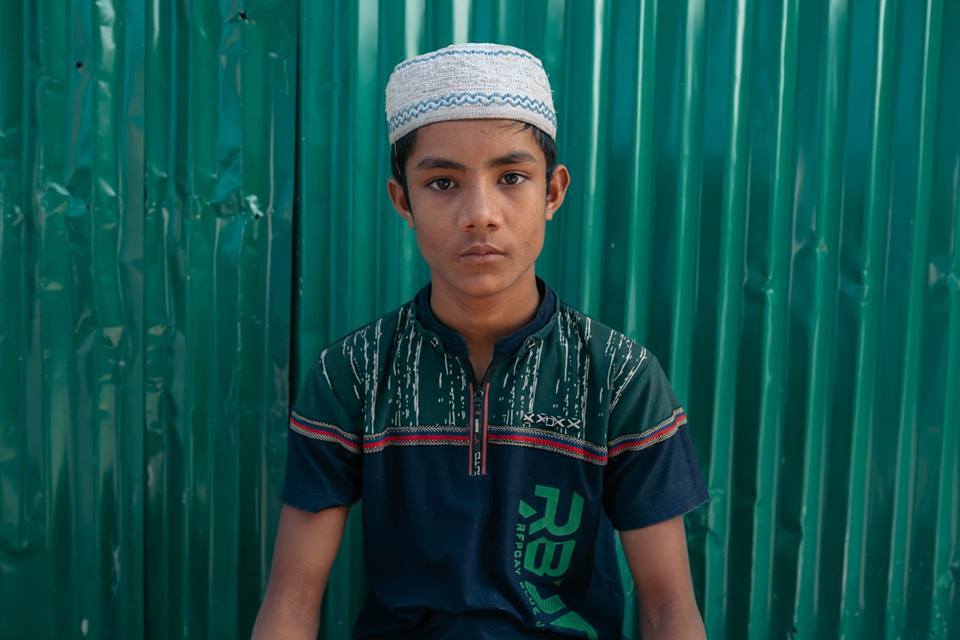
Their Story is Our Story (TSOS) is currently in Bangladesh to gather the stories of some of the 725,000 Rohingya refugees who have escaped extreme violence in Myanmar and who now live in Cox’s Bazar - the largest refugee settlement in the world where, according to UNHCR, over half of the residents are children.
Christophe Mortier, our Director of Photography and Portraitist of France 2017, has created a series of portraits of some of the Rohingya children we met on the ground who have been forced to flee for their lives.
Since 2017, half a million Rohingya children have escaped Myanmar and traveled hundreds of miles to the “safety” of Cox’s Bazar refugee settlement in Bangladesh. Many leave all that they know and love - the home country where they are denied citizenship - often with nothing but the memory of having watched one or both of their parents killed in front of them. Many have been orphaned or separated from their families and travel alone at severe risk of trafficking and sexual abuse. The journey out of Myanmar is desperate and the conditions treacherous; the children risk landslides as a result of intense rainfall, extreme heat, exhaustion and starvation.
Children form more than fifty percent of the Rohingya living in Cox’s Bazar refugee settlement. They are safe from the Myanmar military, but now they are living in overcrowded and unsanitary living conditions, and are at risk of life-threatening cholera or acute watery diarrhoea. Aid workers race to strengthen shelters ahead of monsoon season. They are exposed to alarming risks of abuse and child labour thus forcing Rohingya girls to remain largely confined to their tents. More than 450,000 school-age Rohingya children are currently out of school. Save the Children International CEO, Helle Thorning-Schmidt refers to it as a “child protection disaster waiting to happen”. Unicef spokesman, Alastair Lawson-Tancred says that “there is a danger that we might be facing a lost generation”.
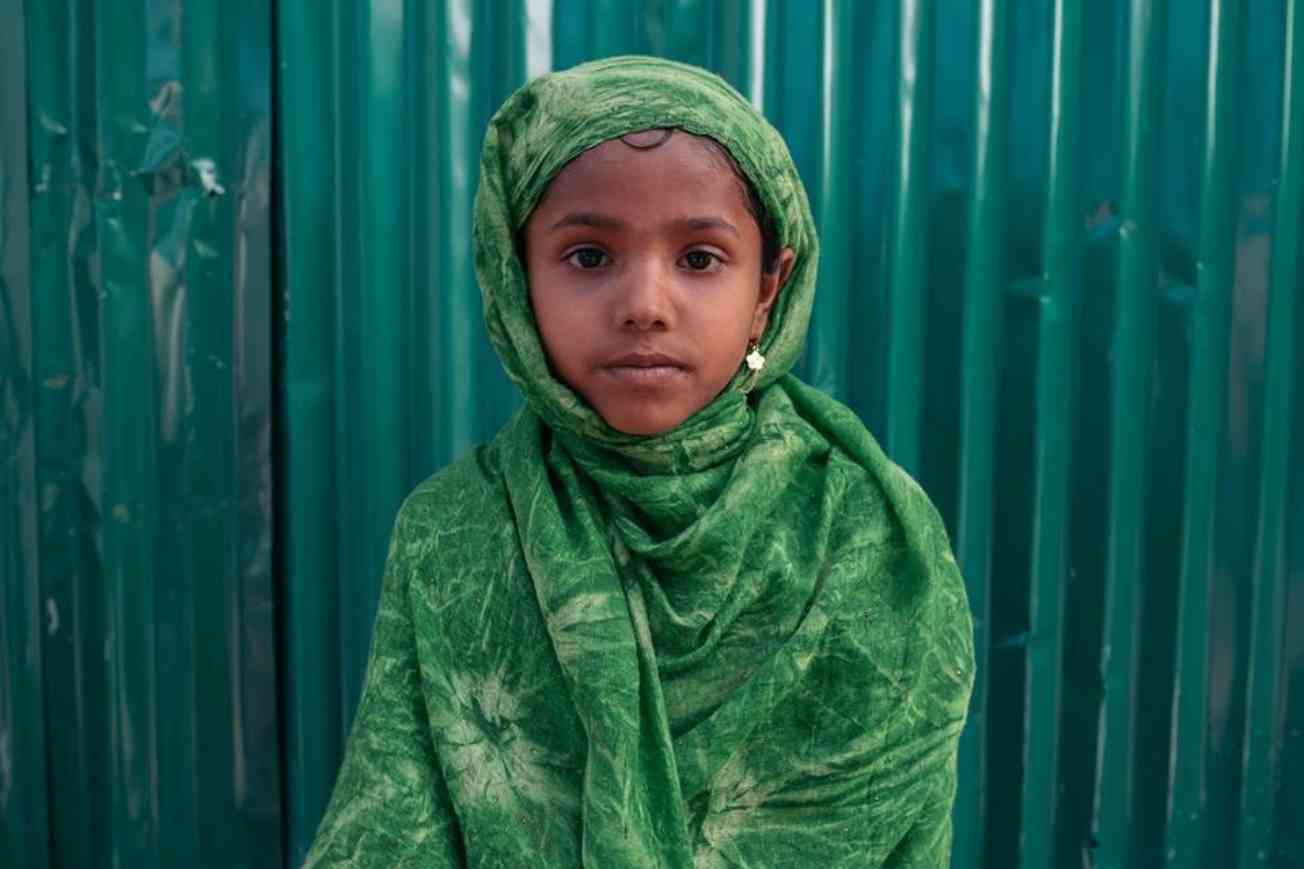
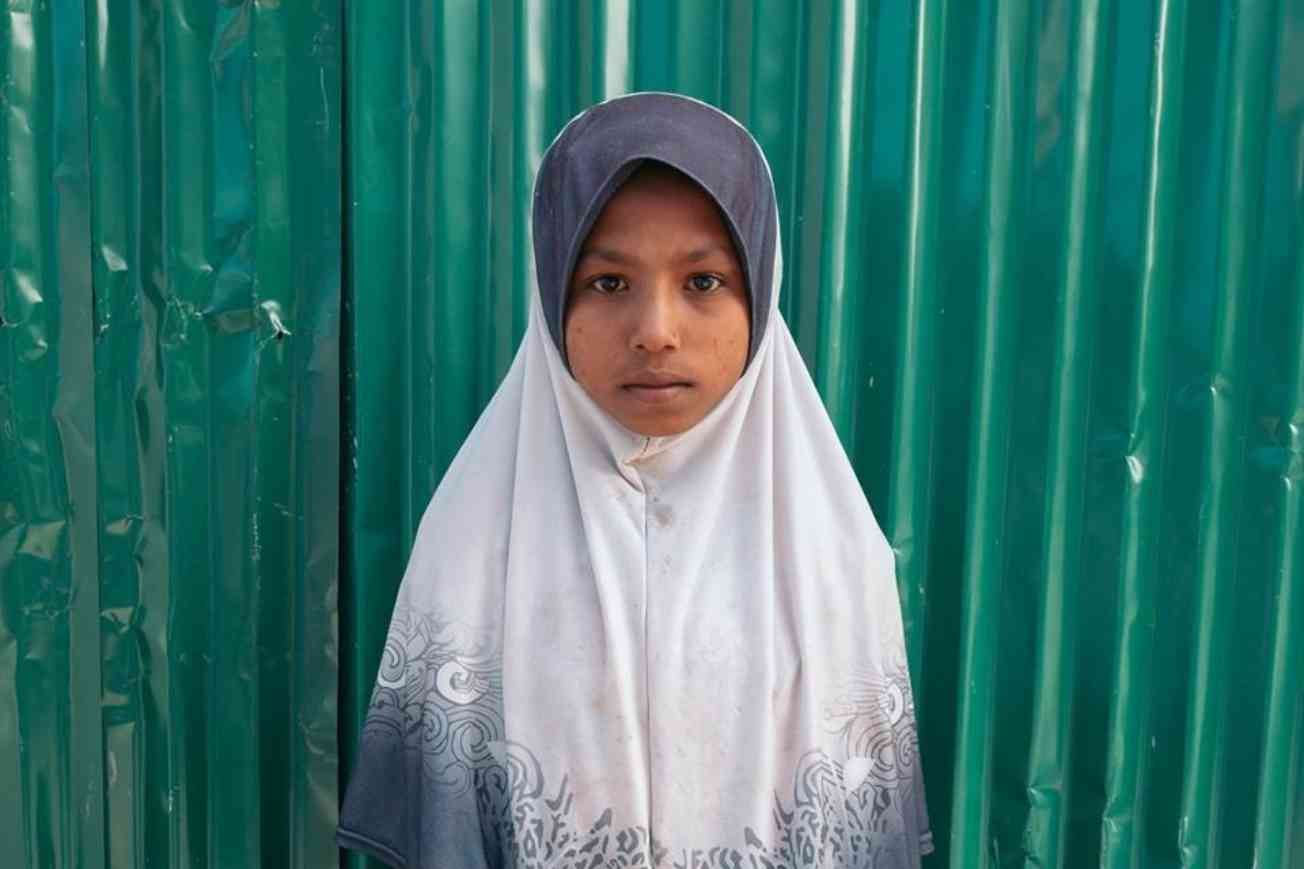
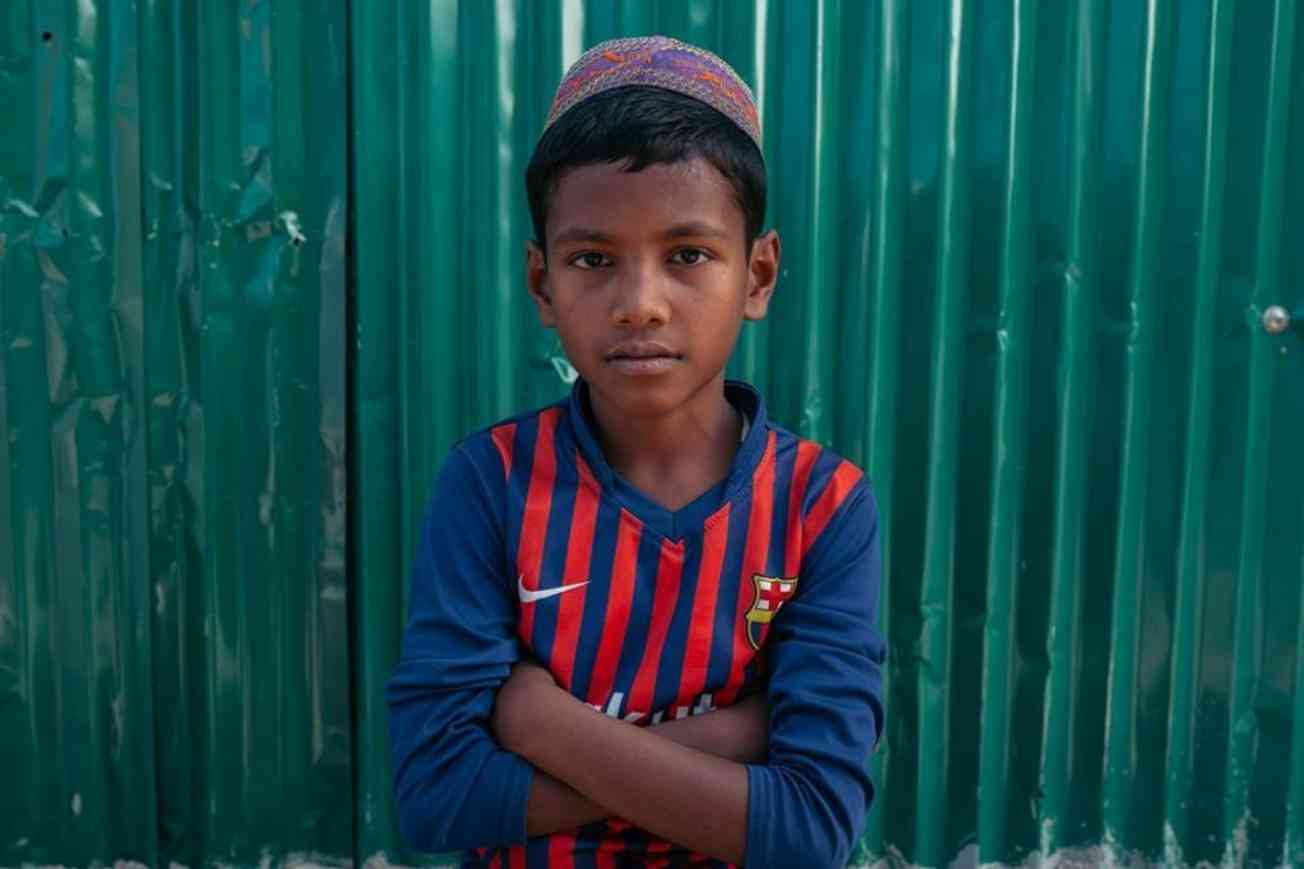
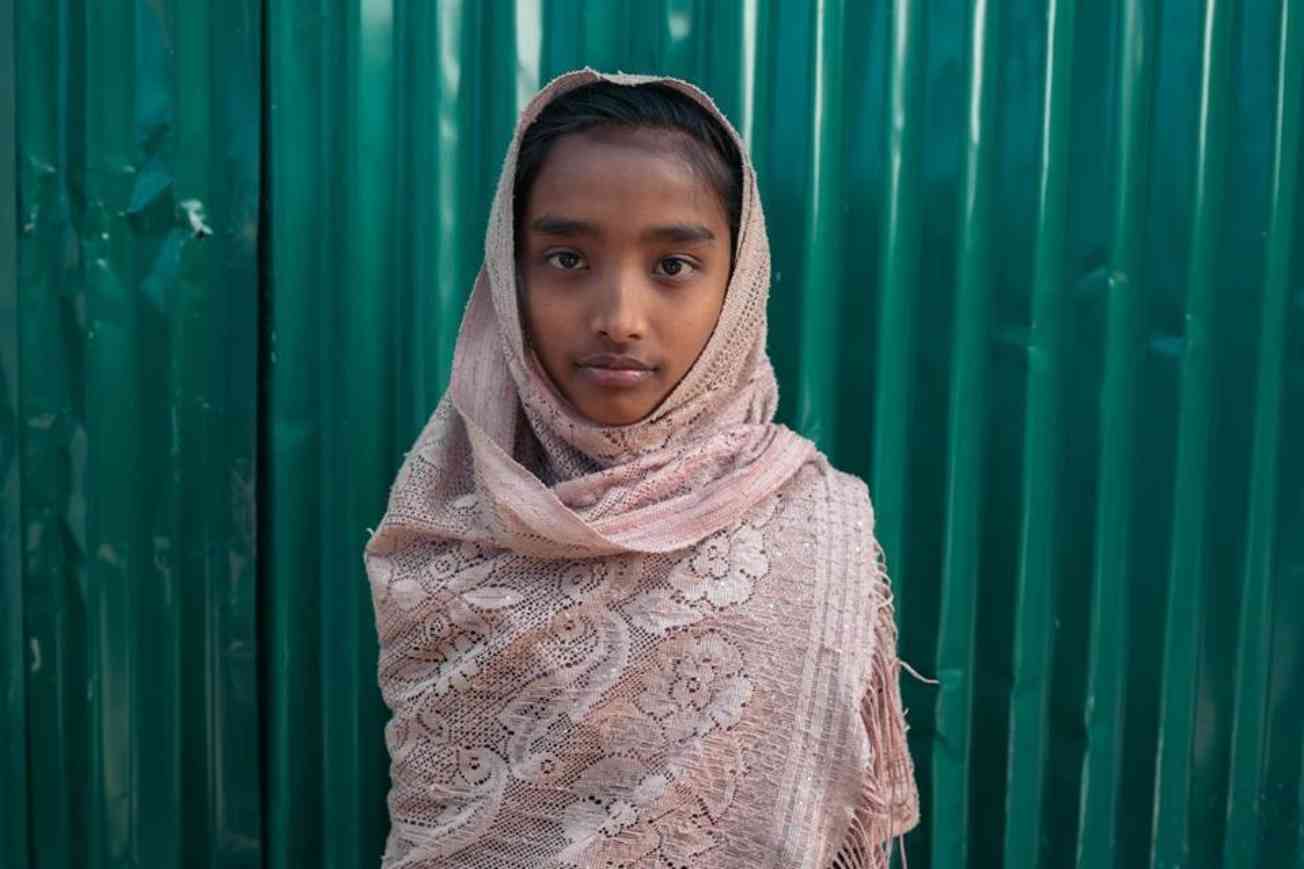
These children live in limbo; they have been forced to grow up quickly and yet are unable to look forward, due to the distinct lack of education opportunities. During our time in Cox’s Bazar, we continue to be overwhelmed by the enthusiasm and the smiles that greet us when we meet some of the children in the camp. They have reached for our hands, sung nursery rhymes with us, shared their magic.
These children are not ready to give up.
Tomorrow, we will posting our fourth diary entry of our story-gathering trip to Cox’s Bazar, Bangladesh. Read yesterday’s entry.
HOW YOU CAN HELP
Share refugee stories online and in life amongst your friends and colleagues to help challenge misconceptions and misunderstandings about refugees to aid integration and acculturation in communities.
Donate to Their Story is Our Story (TSOS) so that we can continue sharing refugees’ personal stories.
Donate to Hope Foundation for Women and Children of Bangladesh so that Hope Field Hospital for Women can continue to provide a safe haven for women and children inside the Refugee Camps.
Get involved with HumaniTerra by donating funds or volunteering to work on the ground to help rebuild the care system in a sustainable way.
Donate to Unicef or Save the Children to help build temporary safe spaces for Rohingya children to go to school.
Author: Emma Nobes
Image credit: Christophe Mortier
Official Statement on the Detention of Refugees and Ongoing Community Violence
With another death in Minnesota and continued violence toward individuals and groups standing up for their communities, we acknowledge the profound fear and uncertainty people are feeling--not just locally, but across the country.
On top of this, there are reports that refugees invited and admitted to our country through the U.S. Refugee Admission Program are now being detained, meaning that our new friends and neighbors feel that fear most acutely.
Refugees have already fled violence and persecution once. They came here legally, seeking safety. In moments like these, we reaffirm our commitment to building communities where refugees and immigrants can live without fear. Where they can go to work, send their children to school, and build lives of dignity and belonging.
We call for due process, accountability, and humanity in all immigration enforcement operations. We call upon our leaders to demand the demilitarization of our neighborhoods and cities. And we call on all of us to continue the work of welcoming and protecting those who have been forcibly displaced from their homes.